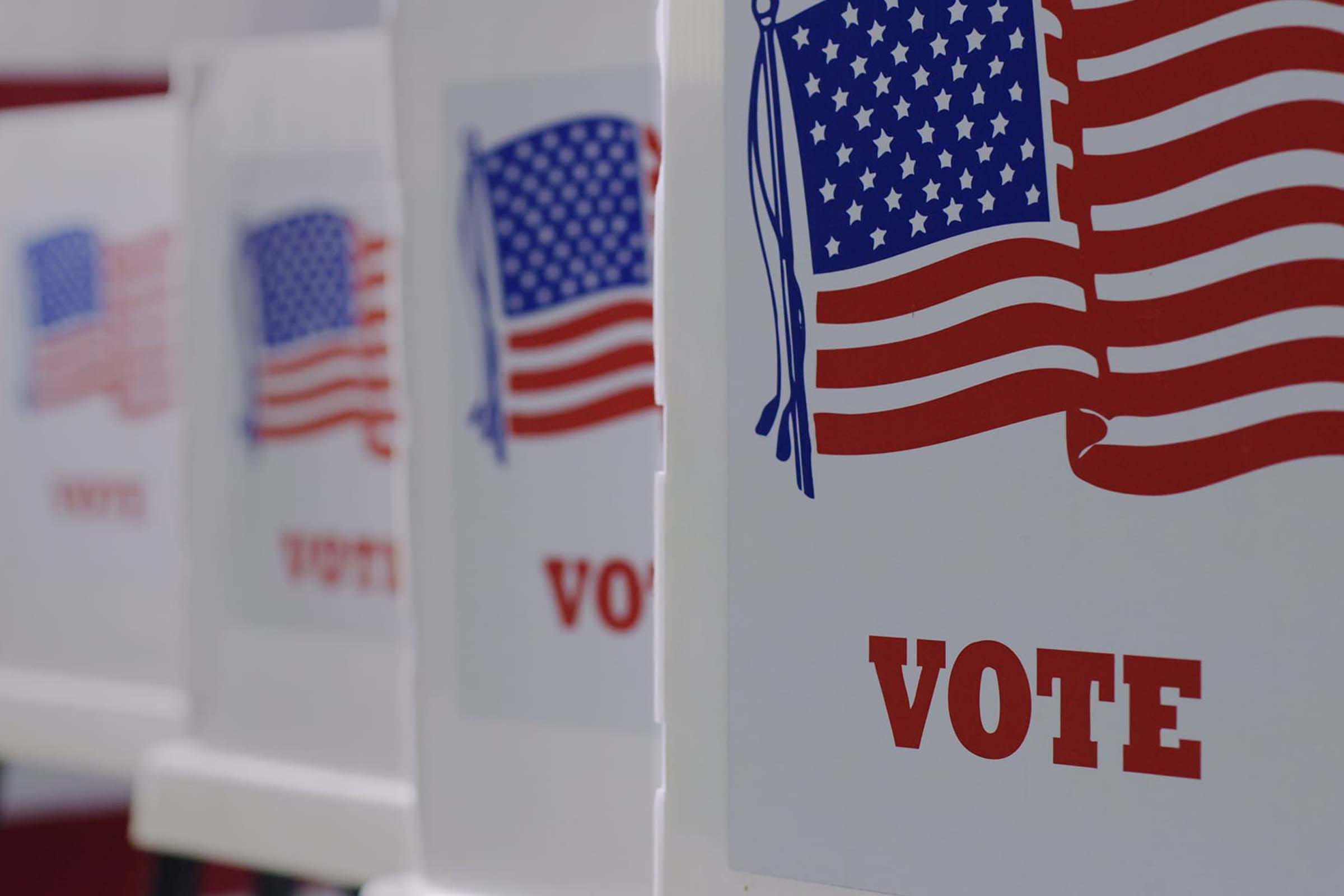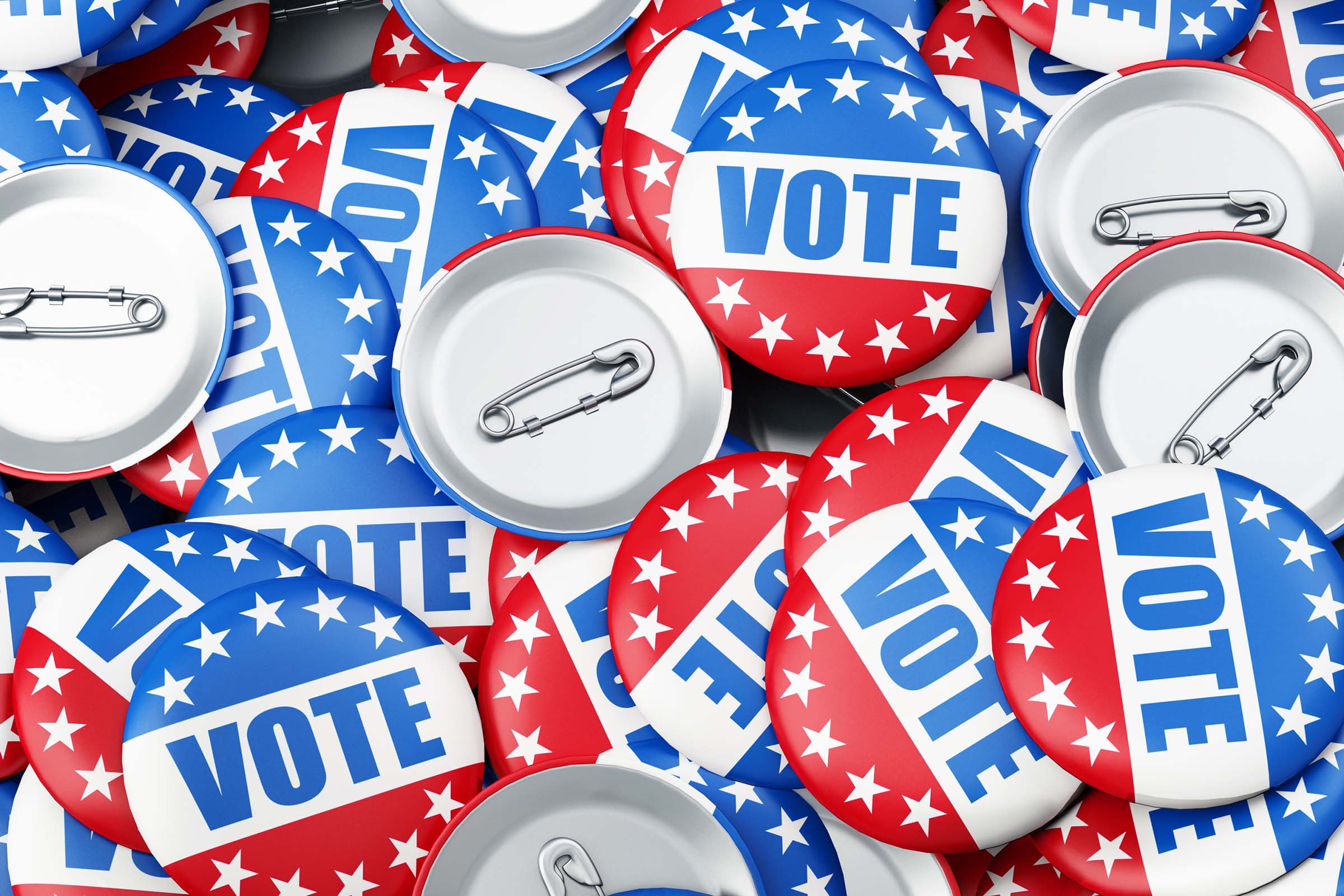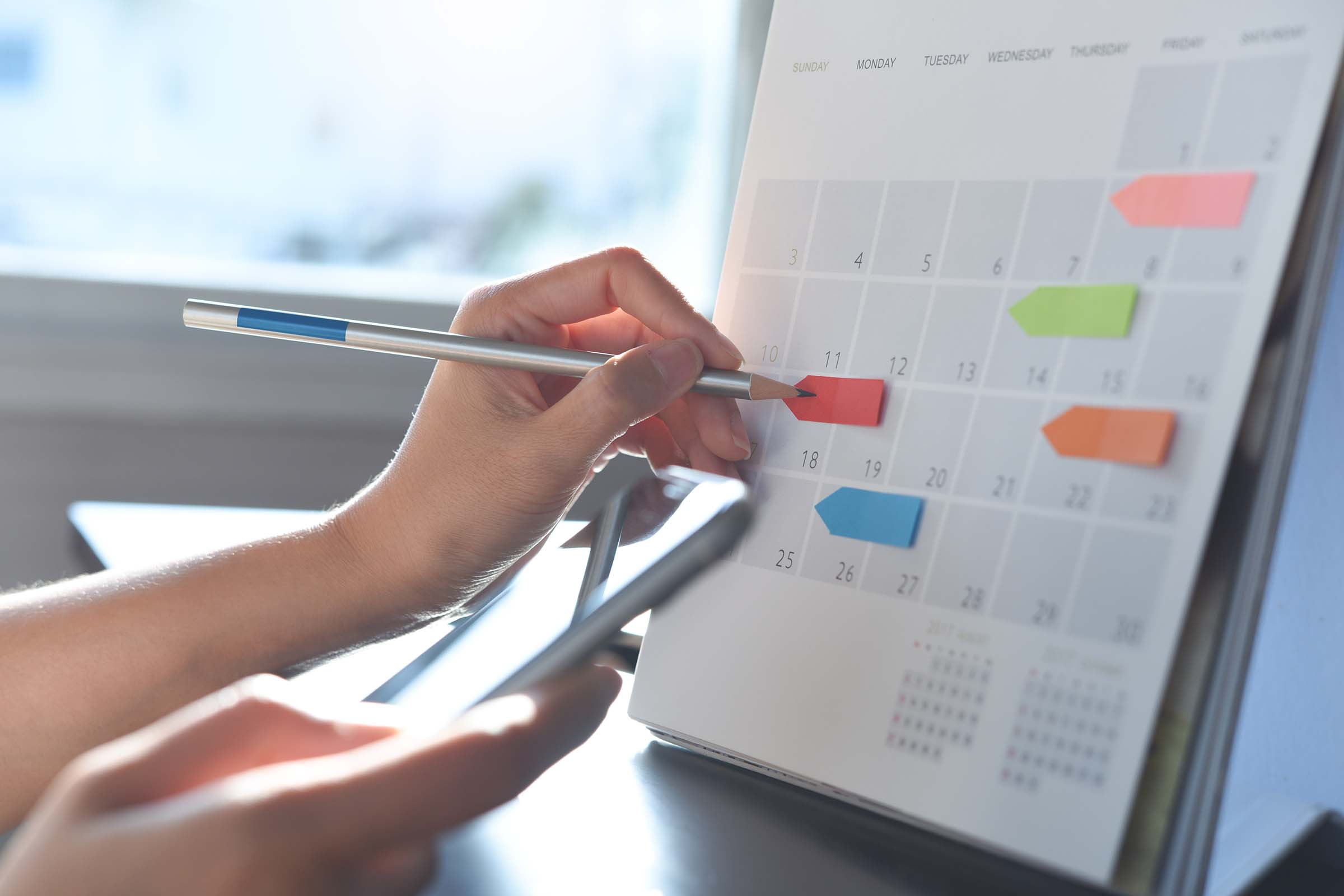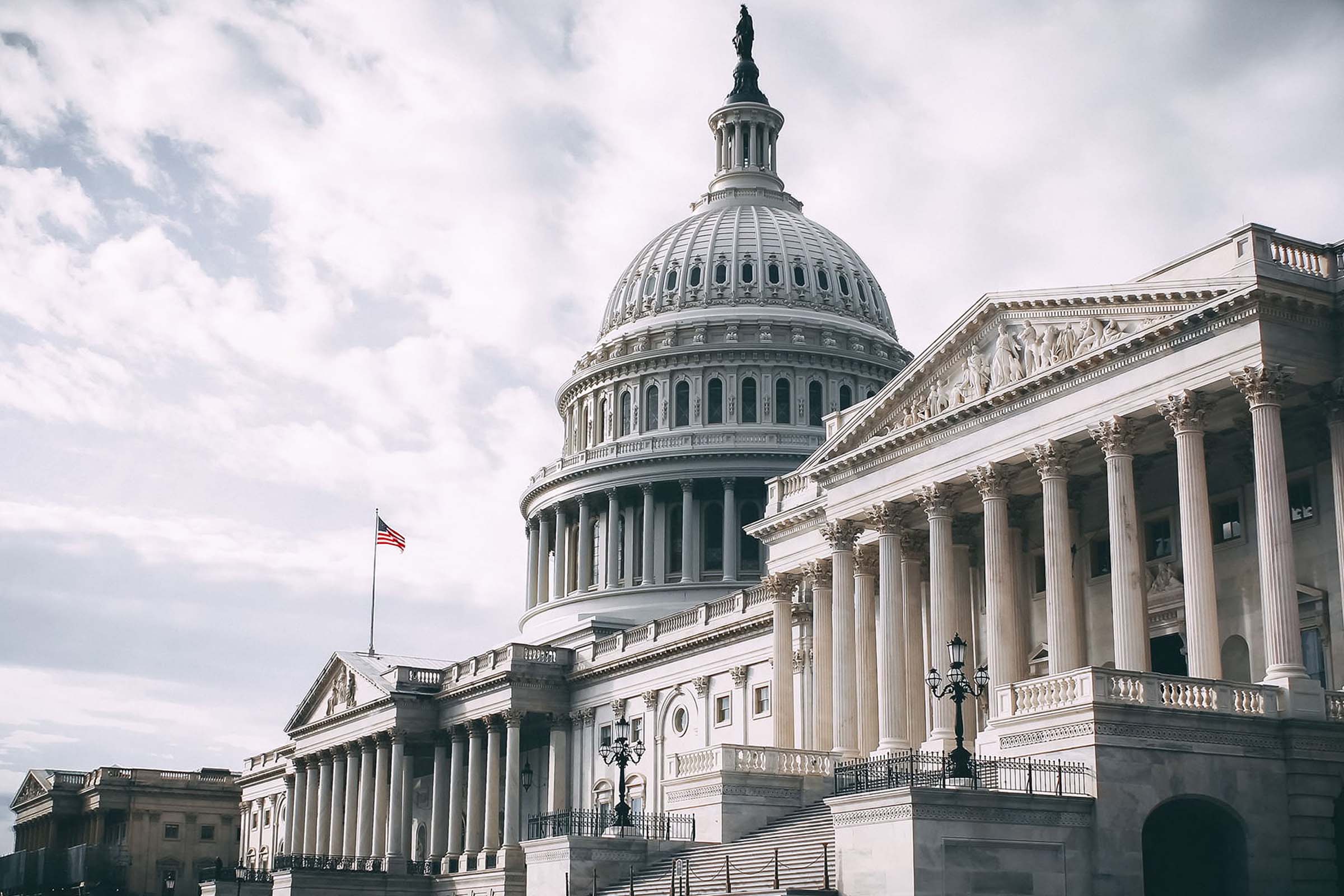Recovery Voices Count
As we approach the next election, it is clear that we must include the Faces & Voices of Recovery at all levels of campaigning. It is in our hands, and those of our community, to help those running for office understand the significance of SUD and support the wide range of recovery efforts across America.
Your Voice Counts
Take Action Today
The suggestions that follow are intended to complement formal, larger-scale efforts you may have underway, such as voter registration projects or structured get-out-the-vote programs.
The ideas in the Recovery Voices Count Toolkit are a series of very practical templates, useful links, and key messages that you can act on right away. They are a mix of communication tactics that will help you build a constant presence, and help you expand your network of recovery advocates.
It is important to lift all voices in advocacy efforts. Access to voting is a constitutional guarantee and should be openly available. For many involved with the criminal legal system, information about restoring the right to vote for individuals with felony convictions is overly complex and varies from state to state. As advocates, we are compelled to support and engage in the free and fair electoral process and make sure all voices are heard.


Action Resources
Organizing Action Clusters
Where possible, build small Recovery Action Clusters (4-6 people) who can work daily to share information, coordinate social media activities, and plan new initiatives in real time.
Additionally, each member of this Cluster can work to expand the network, building more such groups in a matter of days. Make assignments to each person within the Cluster, for example:
- Morning news scan and summarize for Cluster
- Talking to recovery friends about creating video stories
- Writing sample tweets
- Asking five friends if they are registered
Action Resource
Regional Action Hubs
In a similar vein, Recovery Community Organizations (RCO’s) around the country should be encouraged to create regional action hubs which share organizing tips, tactical plans, social media ideas, and recovery data.

Action Resources
Guidelines
Daily News Scan
It is critical to review national, state, and local news early each morning. The websites of candidates who are important to you must be reviewed daily as well. What you learn – and then share – will often provide news hooks that will give you excellent opportunities to communicate recovery messages.
Build Graphics and Photo Libraries
It is important to create a resource base of multiple images now. A diverse set of graphics and photos will enable you to move swiftly and tailor your efforts on social media and provide your advocates with a range of image options. This effort also gives you an opportunity to activate recovery colleagues, who might have access to interesting images and are eager to share them.
- “Recovery” is a difficult concept to capture in an image! Ask friends for 2-3 photos of friends/family members in recovery, with smiling faces, and where possible, indications of recovery – next to a book, holding a pamphlet, under a “Run for Recovery” banner, etc.
- Take your own photos to meet your advocacy purposes – groups discussing plans, handmade recovery signs, friends filling out mail-in ballots, etc.
- Scan the numerous free digital photo sites – e.g., Free-range Stock, The Open Photo Project, Stockvault.net. A comprehensive list of free digital art and graphics can be found on the format site.
Identify Recovery Allies
Expanding your network is vital. Each member of your Cluster should identify five people you know who are aware of your role in the recovery world but who themselves are not part of it. Reach out to them periodically over the next seven weeks. Remind them that recovery from substance use disorders benefits the entire community.

Action Step
Key Dates Card
As soon as possible, every state should develop a simple “Key Dates” card that identifies all the deadlines for:
- Mail-in ballot applications
- Mail-in voting
- Absentee ballots (where different)
- Early voting dates
While you may not be able to distribute the cards as you normally would, they should be featured on your website and be regularly distributed through social media. Each card should include your state election board’s website.
For key dates in your state:
Action Step
Weekly Top Policy Issue
Each week, establish one of the many recovery-related issues as the topic/theme you will advocate for throughout that week. Make sure you consider state and local issues too. National topics might include:
- Federal funding for recovery support services
- Equitable insurance coverage
- Increased access to medications to treat alcohol and opioid use disorders
- Access to overdose reversal medications
When considering state and local issues, make sure you encompass all the issues that touch on addiction and recovery:
- Youth and family recovery, including support for children impacted by addiction
- State and local health department budgets
- Peer workforce development
- Criminal legal system reform
- Barriers to employment and education


Action Step
Recovery and My Community
Urge members of your organization to write short vignettes about the positive impact their recovery has on their communities. When individuals describe the good things that happen now because they are in recovery – Little League coaches, church deacons, environmental cleanup leaders – versus the difficulties they may have faced in addiction, they demonstrate that recovery counts for all of us.
Action Step
Petition for Priority
Create and circulate a petition for every candidate urging them to make recovery issues a top priority in their next term in office. Asking for members’ signatures and prompting them to circulate the petition themselves creates tangible goals and a sense of momentum.

Action Steps
Guidelines
Presidential and Other Debates
These moments provide outstanding opportunities to raise recovery issues in the larger community.
- Create a short, side-by-side factual comparison of candidates’ records
and positions. - Comment on candidates’ Twitter and FB pages leading up to debate.
- Post on debate host’s social media urging them to ask candidates about addiction and recovery.
- Issue a statement to the press after the debate evaluating candidates’ views.
- Be active the day after the debate with a variety of social media posts.
Don’t forget to emphasize state and local election debates as well, and use a debate as a hook several days before the debate date, and the days afterward
as well.
Recovery Voices Counting
Build on the “Recovery Voices Count” theme by doing comparative counting, e.g.: “There are 54 days until the election. Did you know there are more than 23 million Americans in recovery? We are counting … because Recovery Voices Count.”
Other data that could be used might include:
- X days until the election – Y thousands of overdose deaths this year
- X days until the election – Y thousands of people on treatment waiting lists
- X days until the election – Y billions in health care savings through effective treatment and recovery
Utilize the Toolkit Across Your Network
Our Recovery Voices Count toolkit, which contains vital information and resources, is now available to share across your networks.
Offering three sample graphics, accompanying verbiage and a hashtag bank we’re taking the guesswork out of taking action across your social media platforms.
Communications Tactic
Twitter and Facebook
Most important, these on-line platforms should be employed frequently. Especially in an election cycle, attention spans are fleeting, and you should plan on communicating your messages on a near-daily basis. Diversifying your messages and using images is also very important.
Speak up! Demand high-quality addiction recovery services, and elected officials who will fight for them!
TweetIf we don’t make recovery a priority this election, no one will! Get active, and we’ll get results!
TweetRecovery changes lives. So does voting! Get active in your community, make recovery count, and vote!
TweetRemember, there are lots of ways to vote this year. Know what your options are, act on them, and make recovery!
Tweet
Communications Tactic
Social Media Connections
To truly make recovery voices count, we must connect with as many related voices as possible. That means taking time to respond to and share social media content from sources ranging from mental health to racial equity.
In an election season, it’s critical to connect with the entire community. Given our country’s legacy of oppression and marginalization specifically around the right to vote, it is important to reach out to all facets of the community. Follow them on Twitter. Post to their sites. Share their information. Cross-post between platforms.
It’s critical to remember the wide range of diverse advocates you can connect with, and these groups are usually simple to find via a google search, but some simple examples of local chapter groups and communities are:
- NAACP
- Voto Latino
- M4BL (Movement for Black Lives)
- Fairfight
- LGBTQ+ groups
- Youth organizations
- Nurses groups
- Science and research groups
- Faith-based organizations
- Education advocates
Communications Tactic
Guidelines
Video
Build on the “Recovery Voices Count” theme by doing comparative counting, e.g.: “There are 54 days until the election. Did you know there are more than 23 million Americans in recovery? We are counting … because Recovery Voices Count.”
Other data that could be used might include:
- X days until the election – Y thousands of overdose deaths this year
- X days until the election – Y thousands of people on treatment waiting lists
- X days until the election – Y billions in health care savings through effective treatment and recovery
Call-In Radio
Most media markets have at least one news-talk radio program that features listener call-ins. Take advantage of them. Research your stations and their procedures for call-ins, start listening, and pick up the phone! And remember, the topic doesn’t have to be recovery – if the host is talking about Election 2020, then Recovery Voices Count!
Media Relations
It will be difficult to get political reporters to focus on recovery issues in such a turbulent election cycle, but there are two specific steps you can take that may be productive: one, create a basic Fact Sheet for the media that identifies all the pressing recovery issues in your state and community, and two, when news breaks about addiction spikes, treatment successes, etc., share this information with your local political reporters and point them to the advocacy work you are doing.
